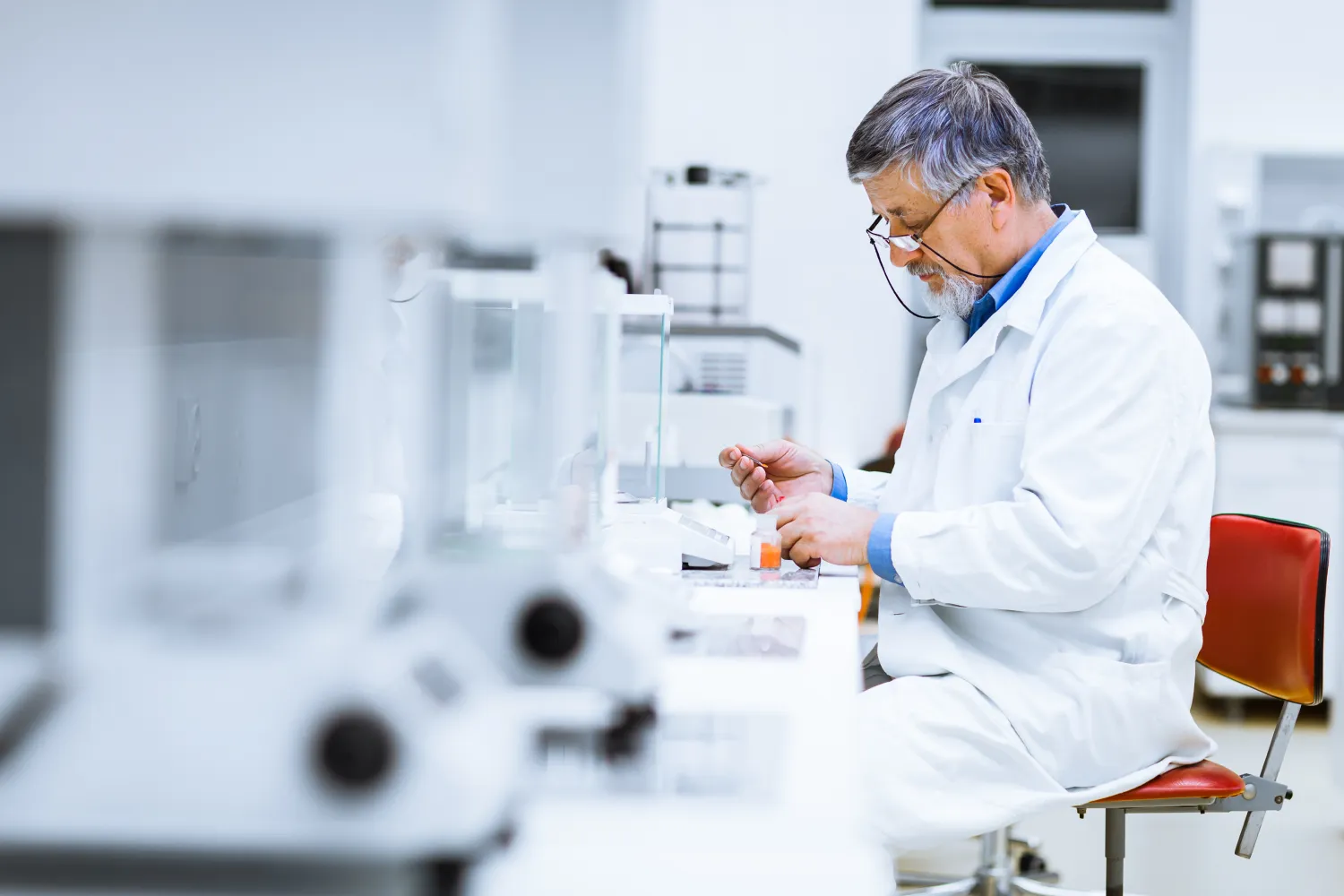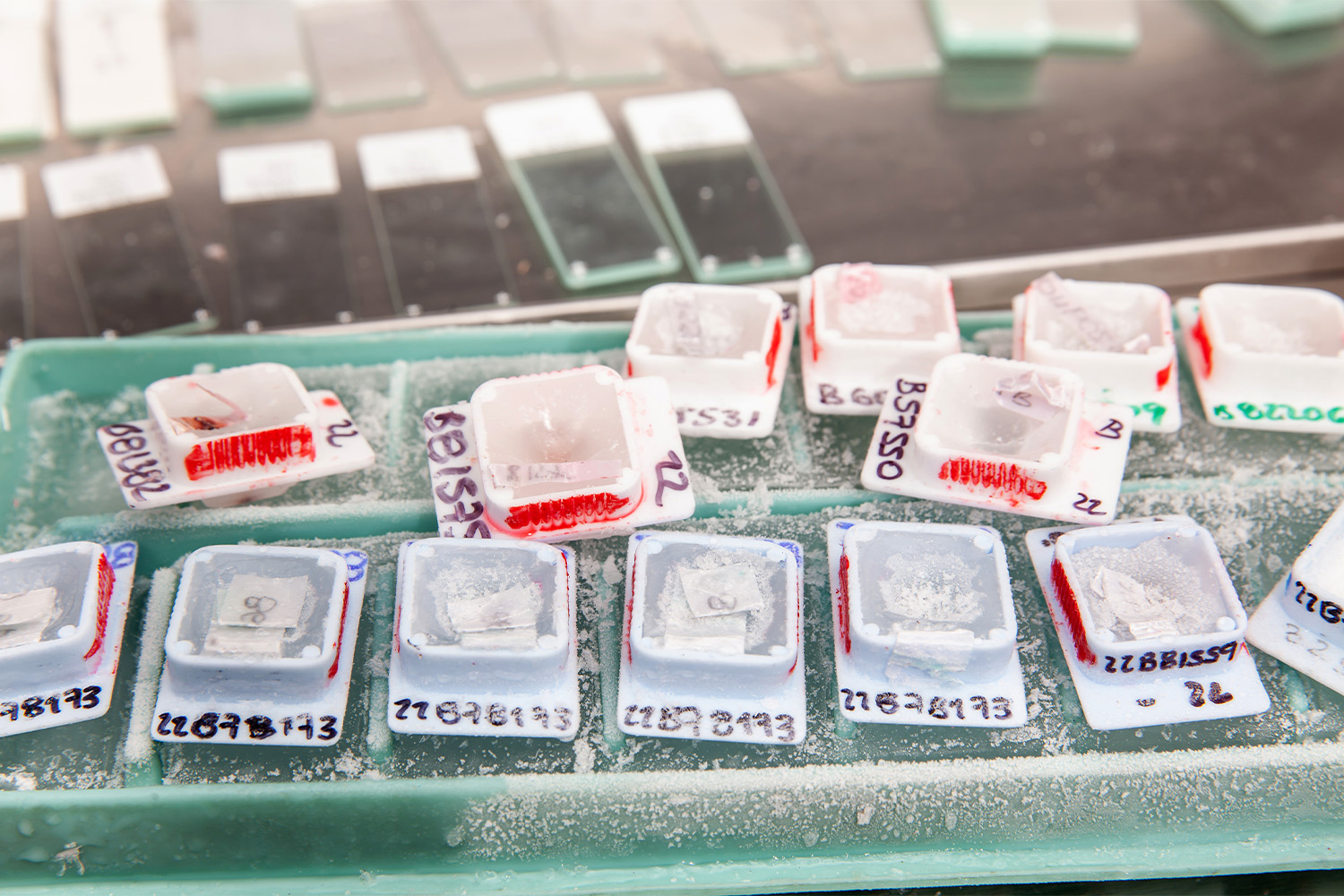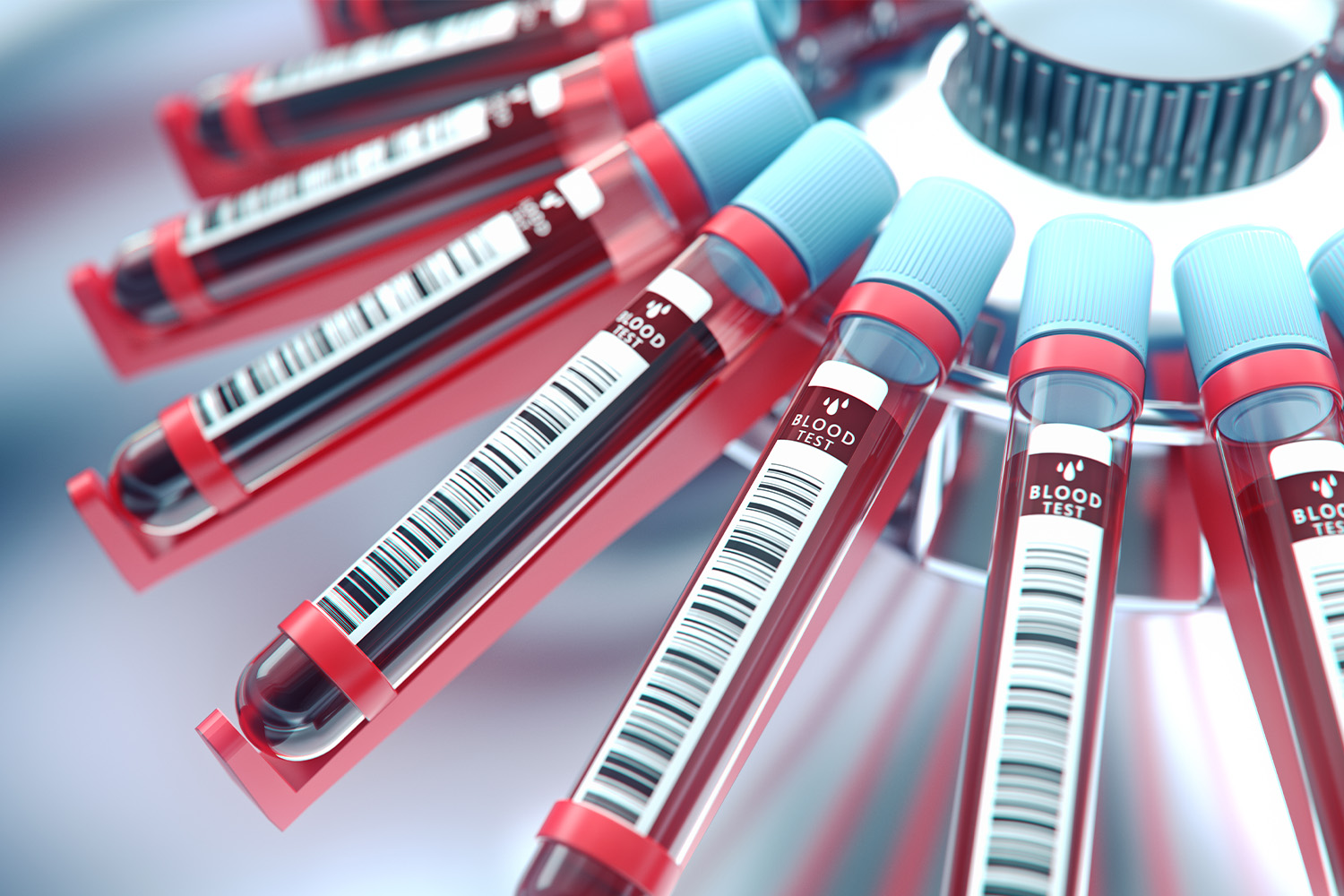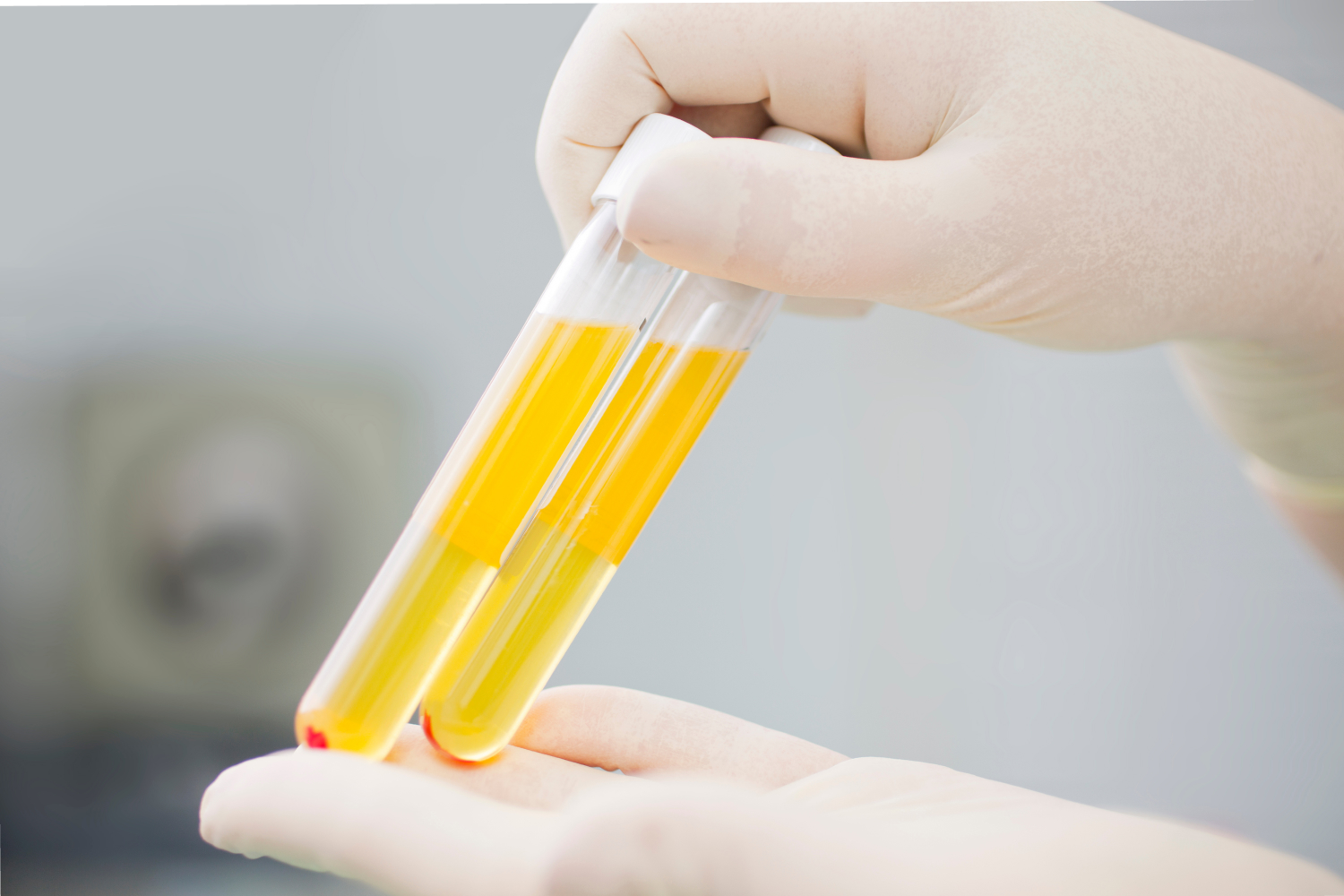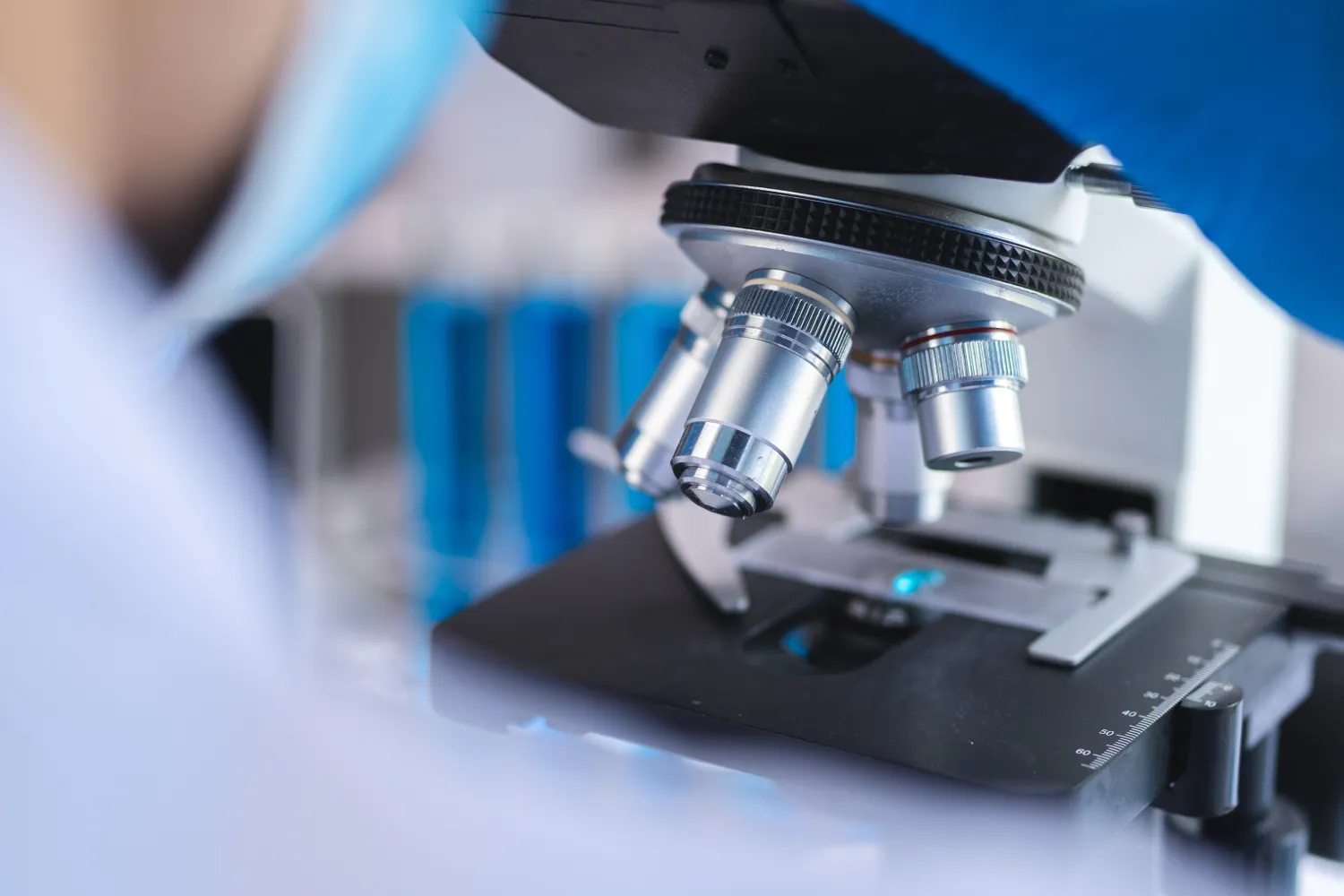Human tissue samples provide a plethora of information and opportunities for future understanding of disease as well as the refinement of treatment. With modern-day innovation in genome and information technologies, tissue research has never been more important to the future of medicine.
Finding the right, quality tissue samples can make all the difference in clinical trials and research projects. Trying to obtain the samples quickly and cost-effectively can become exhausting and derail a research effort.
Searching for the right tissue sample provider can be an overwhelming dilemma with numerous ramifications.
Tissue Sample Provider Factors
- When vetting your potential tissue provider, consider the following questions:
- What is the provider’s company history?
- How big is the provider, and how well-connected are they?
- Is the provider accredited?
- Does the provider’s tissue laboratory or storage space comply with CLIA certifications?
- What does the specimen donation process entail?
- To what extent can the provider meet specific tissue needs?
- Can the provider ship internationally?
- Does the provider use multiple distribution locations, and can every specimen be accounted for with traceability?
Ultimately, using a tissue sample provider you are comfortable with will be the largest determining factor. Finding a provider that is transparent and forward with the quality and types of samples it can provide will be the first step in ensuring your project’s success.
Company Profile
A tissue sample provider’s history and compliance are tremendously important when selecting a provider. The longer a company has been established, the more experience it will have in all areas of tissue sample procurement and likely the more success you will have working with them.
A historical foundation also usually translates to networking and cost savings as established providers know other providers in the biospecimen field and can help you make the right decisions to save time and money for any tissue sample needs.
In addition to provider history, size and scale will obviously be considerations in deciding between tissue sample providers. These factors can go both ways and should be tailored to the individual samples required.
Larger providers have access to more samples and can likely obtain them faster and cheaper than smaller providers. Still, sometimes more niche samples can be obtained via smaller, specialty providers depending on the sample.
After considering history, size, and scale, you will want to investigate the provider’s accreditation status. The American Association of Tissue Banks, or AATB, is an international accrediting program that helps ensure that tissue banking activities are performed professionally and in accordance with the program’s standards.
While the AATB is the only private tissue-banking program in the United States, there are equivalent versions available internationally, such as the Human Tissue Authority (HTA) in the United Kingdom.
External accreditation is a crucial deciding factor, but internal certification can be equally as important. Finding a tissue sample provider that is Clinical Laboratory Improvement Amendments (CLIA) certified is very important to ensure accurate and precise laboratory practices are being performed.
CLIA requires laboratories to essentially self-assess and provide consistent, thorough documentation of laboratory procedures. In the end, adhering to an accrediting body’s standards and internal CLIA certification is critical for any potential tissue provider.
Tissue Samples and the Donation Process
Knowing the logistics of a donor’s acceptance process can be a huge advantage in picking a sample provider. The origins of tissue samples can provide insight into the company’s motivations and other intangible characteristics.
At the end of the day, however, you will want to know to what extent a provider can truly fulfill a tissue sample. Some providers can provide quotes upfront for whatever sample is requested to get an idea of what the potential cost and timeline for obtaining might look like. Other times, a custom procurement may be necessary.
Custom procurement can be crucial to unique sample needs, such as a clinical trial that is examining a specific biomarker in a particular disease state. Finding out if the tissue sample provider can tailor the samples to your needs will delineate a promising provider from one that may not be worth your time.
The availability of a tissue sample takes precedence above all else. Even if you receive a favorable quote from the most prestigious, well-connected, affordable tissue providers, none of that matters if the samples are not readily available.
You should ask questions such as what specific criteria the samples can be obtained from, such as the donor’s age, sex, or BMI. Disease or low postmortem sample requirements can be additional appropriate questions to ask a provider to better understand to what extent they can individualize provided samples.
Sample quality should always maintain a top priority. There are many ways to prepare samples for storage or shipment, such as fresh never frozen, formalin-fixed, and phosphate-buffered saline (PBS), so it is important to discuss with a provider exactly what their capabilities are as it pertains to these concerns.
Finally, there are many common misconceptions about some tissue sample providers that can be asked preemptively prior to doing business. One common question that should be asked pertains to how a provider can fulfill a last-minute order.
Some providers are better than others at taking on a challenge, but typically the larger the donor program network is, the more success the provider will have in fulfilling a last-minute request.
Well-established and connected providers inherently hold an advantage simply due to the size of the donor program network and the demographic diversity across multiple areas of biospecimen acquisition.
Simply put, there will likely be more sample diversity for a project’s specific needs if more provider locations are available.
Shipping and Logistics
Figuring out the logistics of working with a tissue sample provider may not be the most exciting endeavor, but it can be a key one, nonetheless.
International shipping can be a hurdle for some providers. There are additional legal and compliance concerns when shipping biospecimens between countries so that discussion should be had early on.
Many larger providers will already have a process for ensuring customs or international shipping compliance.
Another logistical consideration relates to how companies process large shipments. Many tissue sample providers, even larger ones, do not provide their own shipping internally. Instead, they may contract freight forwarders based on the company’s experience and expertise in the field to ensure quality and efficient shipping.
Other companies may choose to go with the lowest bidder for their shipping needs. These decisions make a huge difference in obtaining the samples you want in the condition they need to be in.
Tissue sample provider company size also plays a role when it comes to distribution locations. Multiple distribution locations can be advantageous due to closer, faster shipping, but they can also be an advantage as proximity can provide access to donor tissue samples from multiple demographics.
Final shipping and logistic considerations should concern the actual shipment itself. Traceability is huge from a liability and accountability aspect.
Tissue samples can be extremely expensive, so ensuring the sample is shipped on time and is continuously tracked in transit is imperative. Additionally, the shipping containers themselves should be of high quality without leaks or damage.
Conclusion
With a little research and time investment, you can find the right tissue sample provider to meet your needs. Flexibility, trust, and clear communication will allow any potential provider-client relationship to thrive.
Why Should I Choose iProcess Global Research for My Tissue Sample Needs?
At iProcess Global Research, you can expect to work with a tissue sample provider that checks every box for a quality biospecimen provider. As a leading global supplier of tissue samples and over 100,000 specimens shipped, iProcess has experience working with pharmaceutical, diagnostic, and research organizations in the field.
After 17 years of experience providing biospecimens, iProcess has expanded and maintains a global network of over 1,000 sites on 6 continents. This degree of networking allows iProcess to deliver results from the simplest research projects to the most complex protocol designs requiring specific tissue samples at short notice.
Regarding regulations and certifications, iProcess again meets expectations. The IRB biorepository is IRB-approved and regulatory compliant, allowing precise cohorts of data-rich, research-ready specimens to become instantly available in your studies.
Additionally, they have an in-house, CLIA-certified laboratory for testing for research partners.
iProcess has access to either banked or prospective tissue samples, including blood, plasma, serum, swabs, urine, and stools (including COVID-19) across a variety of different disease states and cancer types. Other advantages of using iProcess include liquid biopsy capabilities as well as experience in personalized medicine.
Contacting iProcess or obtaining a quote is easy to obtain more information.
Sources:
Donating Tissue for Research: Patient and Provider Perspectives | JCO Oncology Practice
